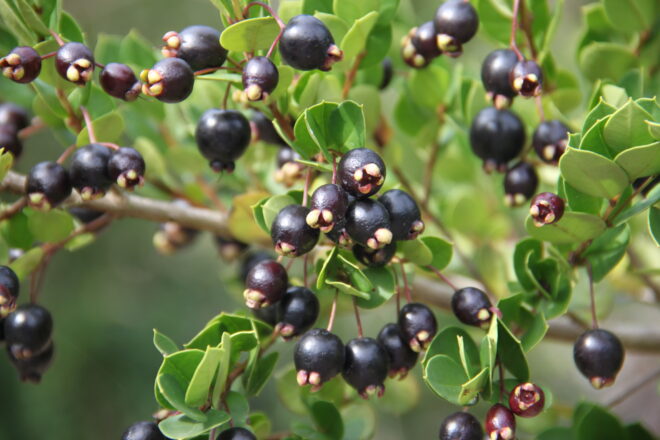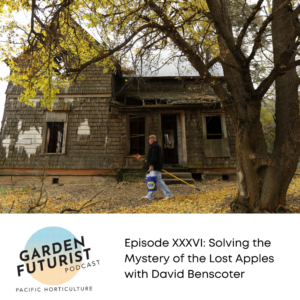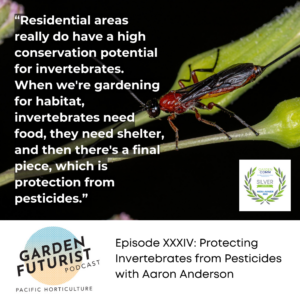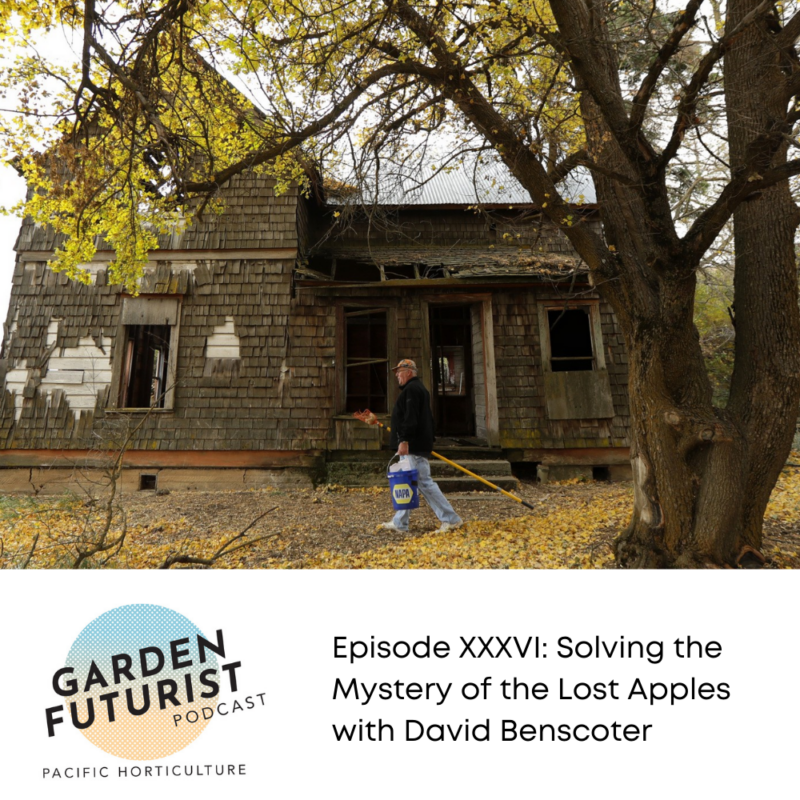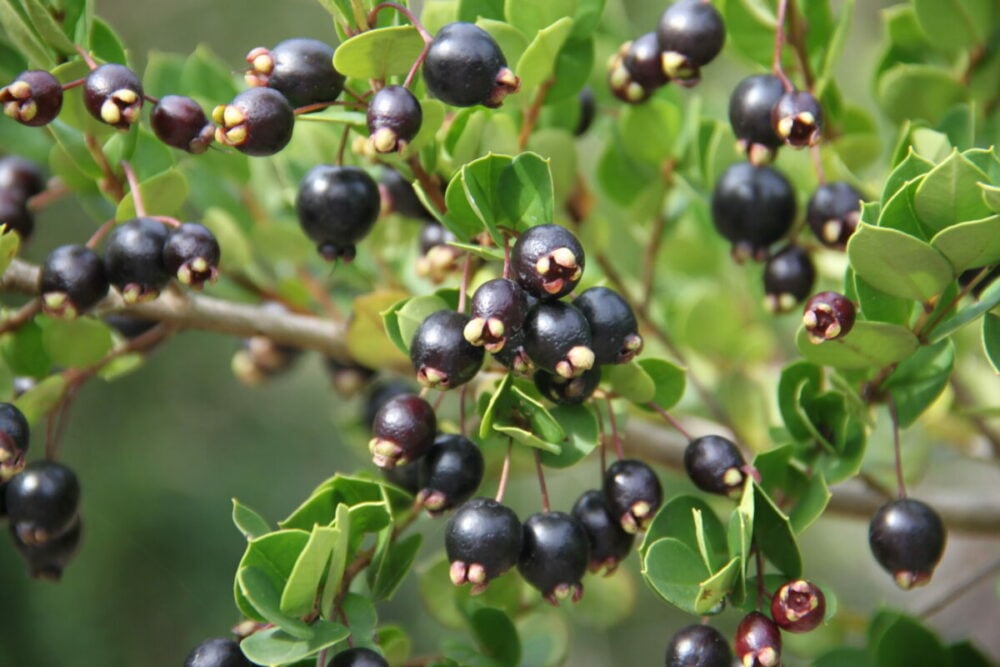
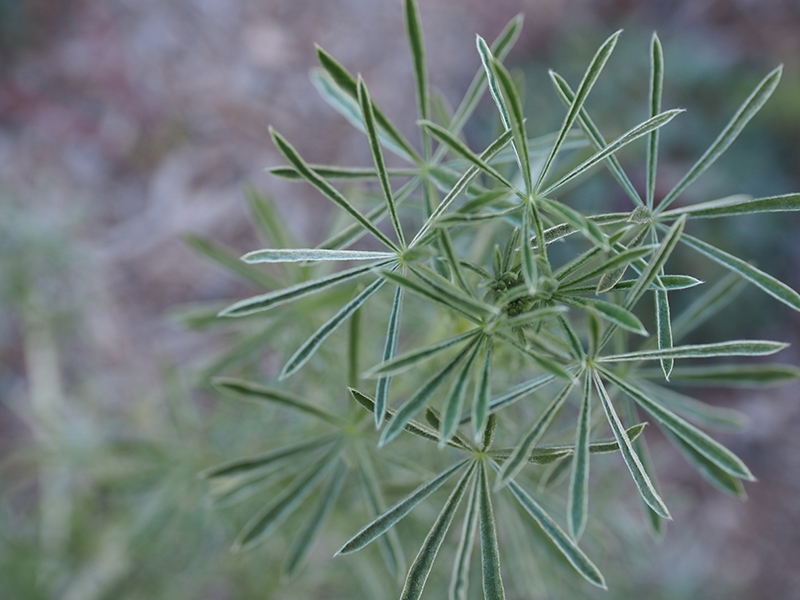
Contributor
Summer 2021
Watch our Landscapes of Change video about The Potrero Hill Eco-Patch here.
Read Part 2 Here
Introduction
Native, biodiverse, and ecologically functional planting creates a foundation for resilient ecologies in the face of anthropogenic mass extinction. Yet we cannot rely on conservation land alone to perform this role; protected areas are too small and too fragmented (Tallamy 2020). We need to look to our cities, suburban areas, gardens, parks, and leftover spaces to fill the void. Recognizing this, the need for functional planting in urban landscapes is steadily growing, both in high visibility spaces like roof gardens and parks, and in the underutilized fragments of urban land such as utility easements (Rainer and West 2016). Home gardens are also becoming biodiversity hotspots as residents become more attuned to their potential role as land stewards.
However, in our experience at the landscape architecture practice Field Collective, working with plants native to California presents unique challenges. Typical aesthetic expectations of planting in public or semi-public spaces—tidy, static, and evergreen—are often at odds with the periods of dormancy and dec...
READ THE WHOLE STORY
Join now to access new headline articles, archives back to 1977, and so much more.
Enjoy this article for FREE:
The Native Flora of Chile in The Traveler’s Garden at Heronswood by Dr. Ross Bayton
If you are already a member, please log in using the form below.
Share:
Social Media
Garden Futurist Podcast
Most Popular
Videos
Topics
Related Posts
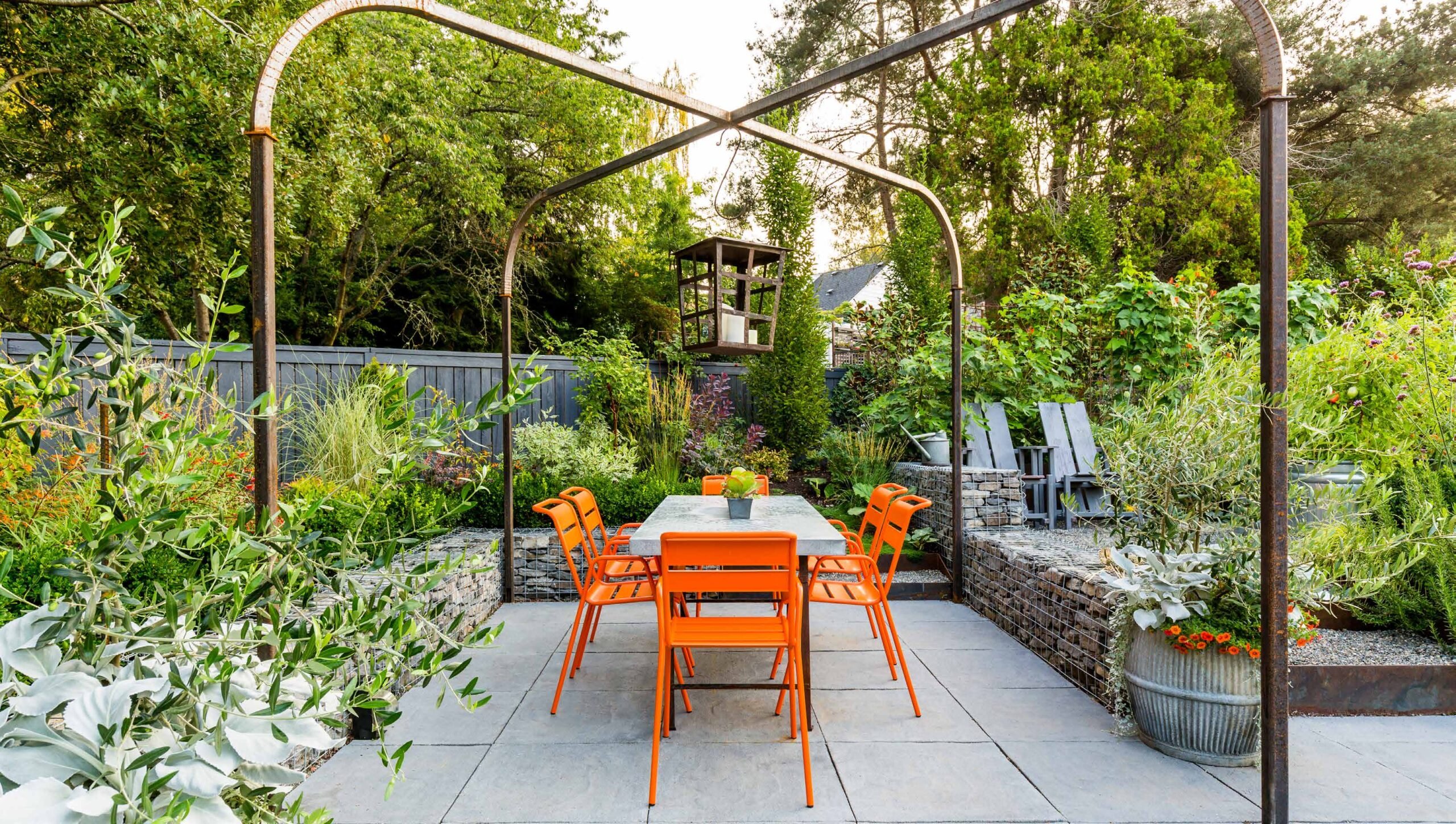
Design Futurist Award Announced: Committee Shares Vision
March 8, 2023 At Pacific Horticulture, we believe that beauty can be defined not only by gorgeous plants and design, but also by how gardens
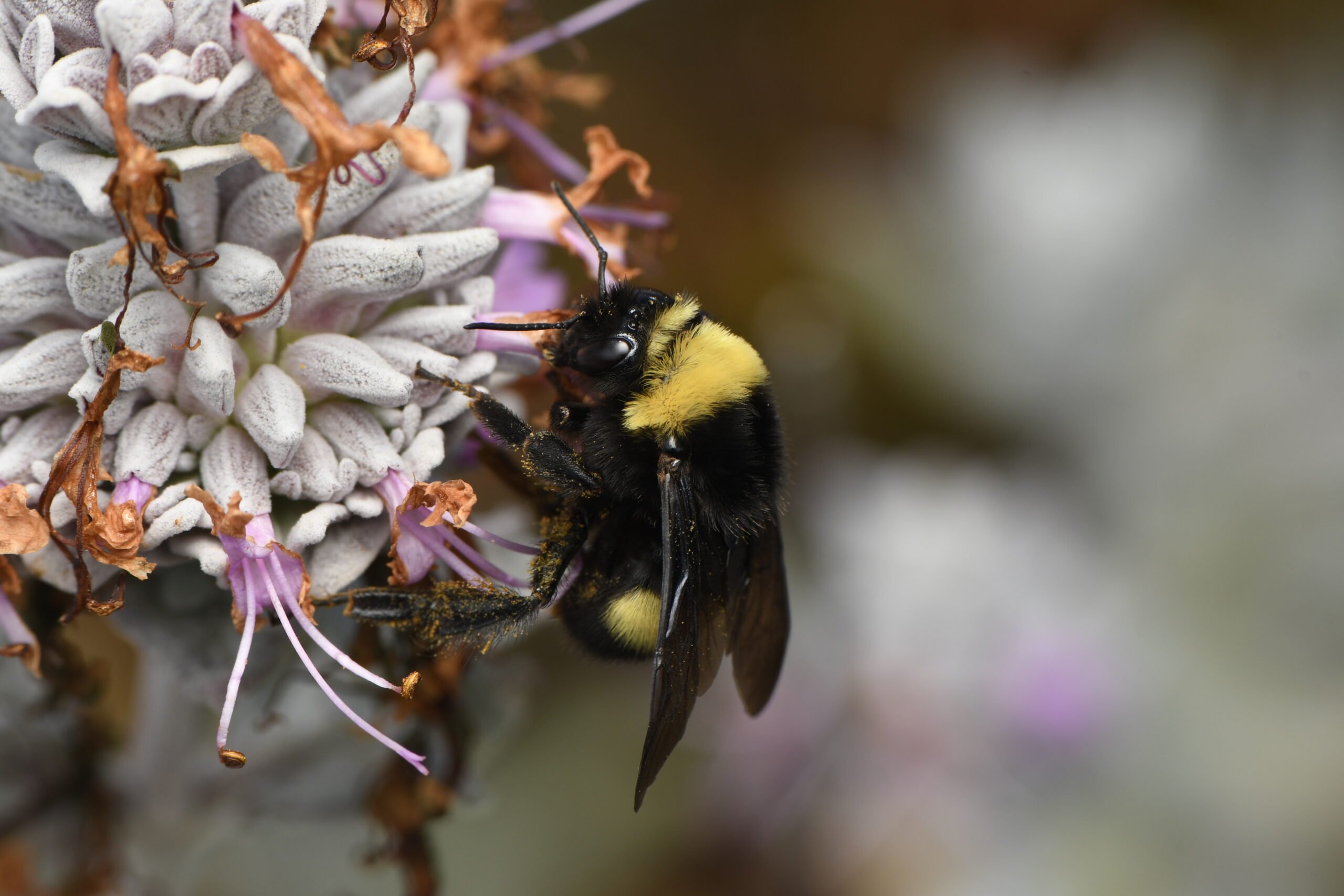
Native Bees and Your Garden
Winter/Spring 2023 The native bees in and around our gardens face ever-increasing environmental pressures as they carry out their pollination duties. More than a quarter
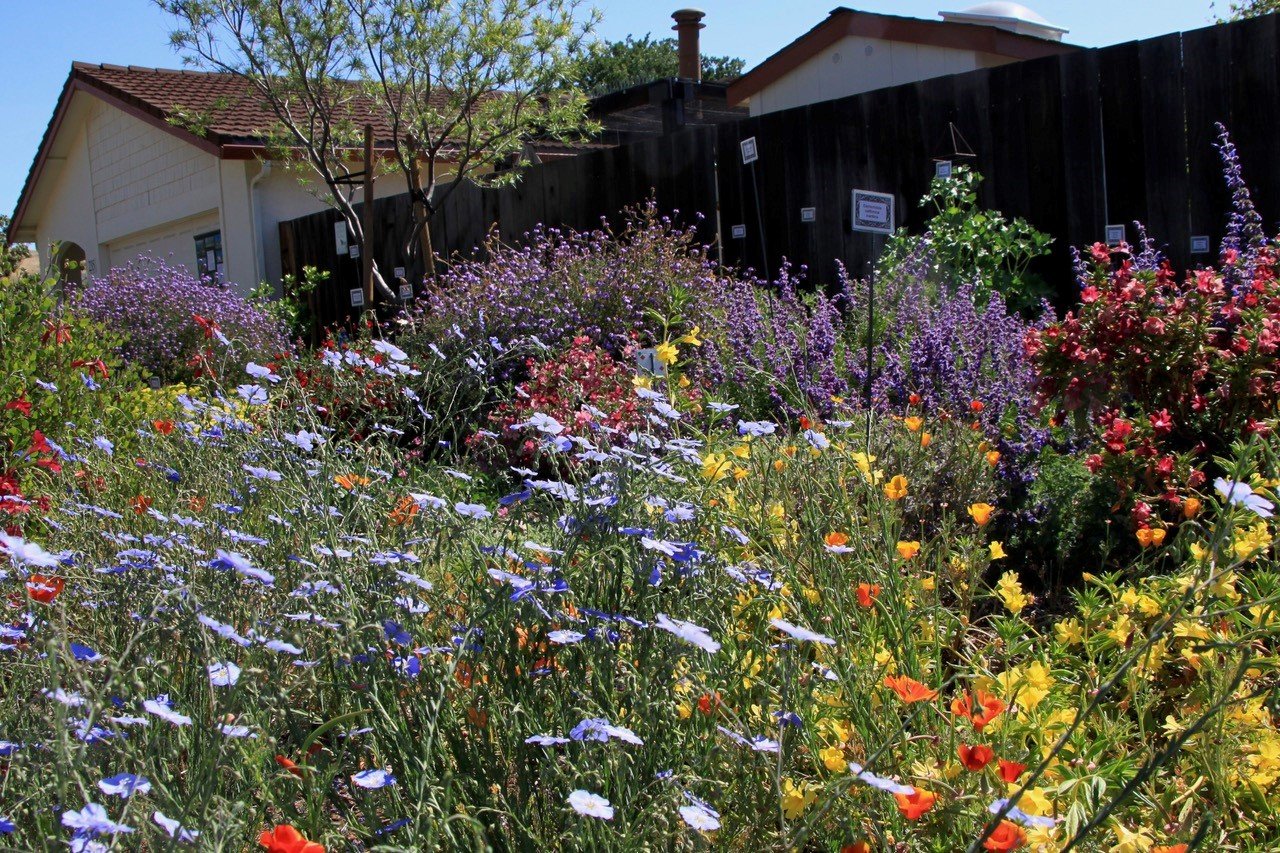
Voices of the West; New Science on Life in the Garden
Did you know that oaks can harbor over 800 species of insects? That includes only those feeding directly on oak, where they feed on every
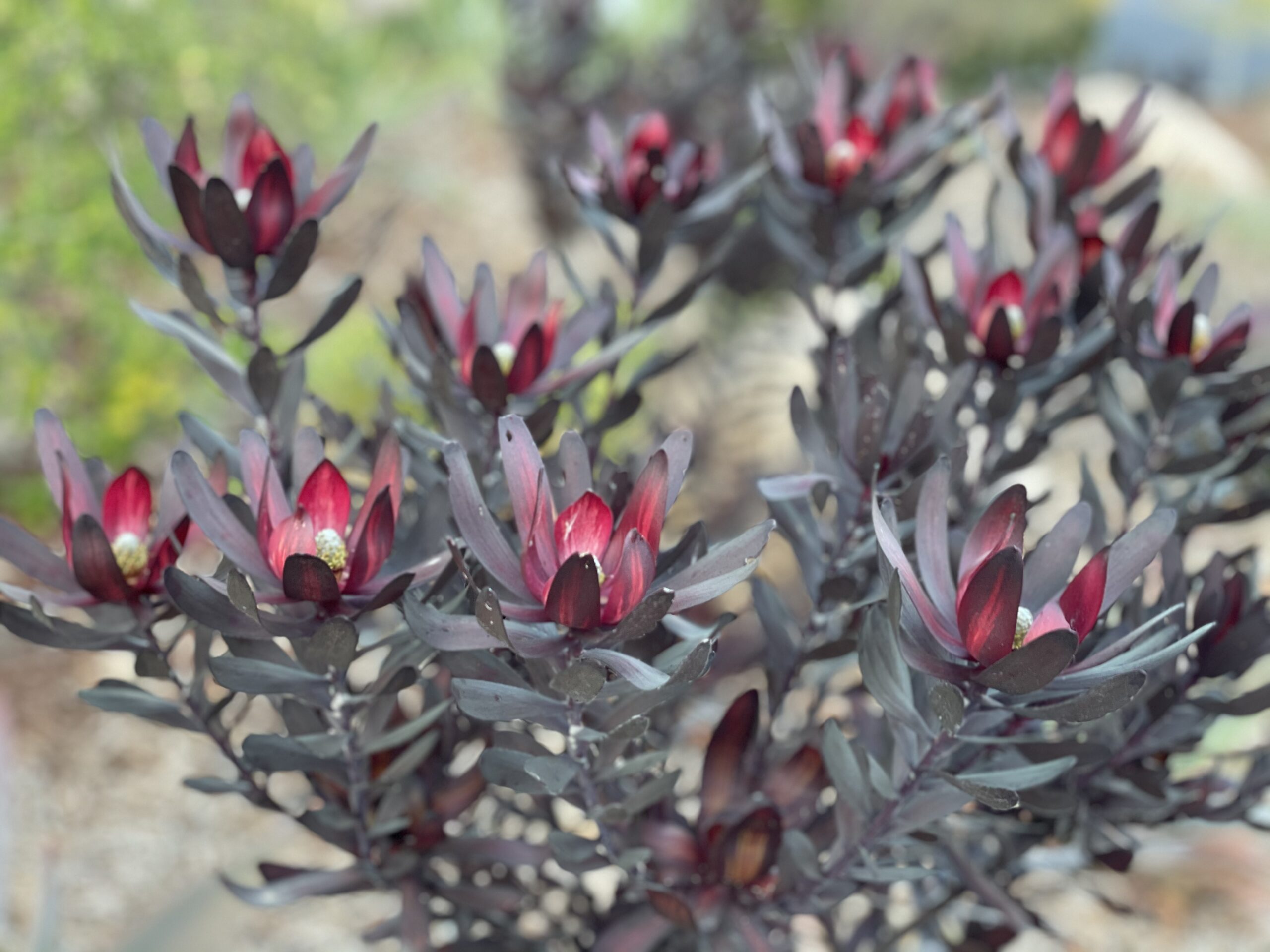
Expand Your Palette: Waterwise Plants for your Landscape
There’s nothing more thrilling to plant lovers than discovering new plants to test in the garden. Here in the southernmost corner of California, we have


